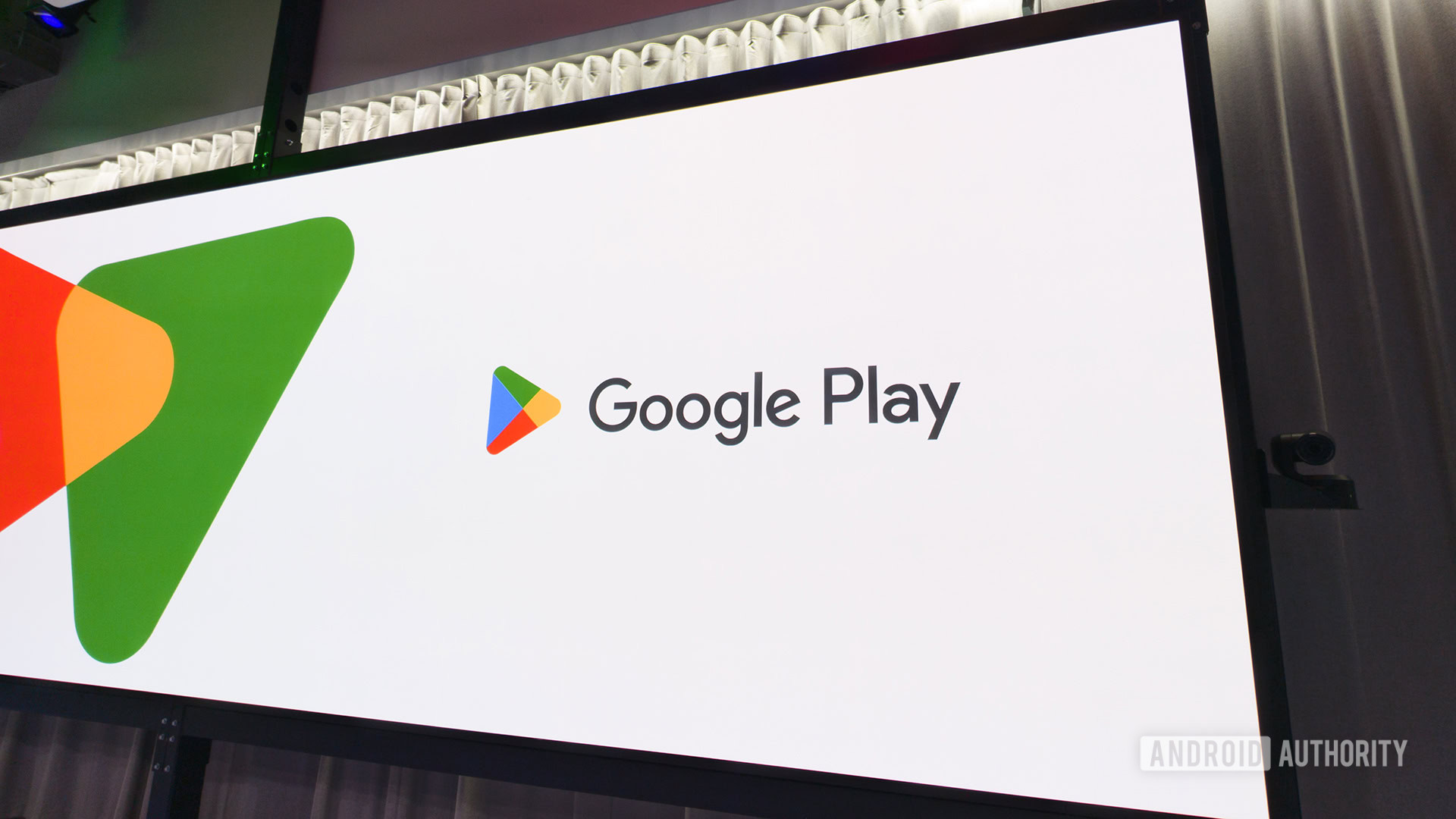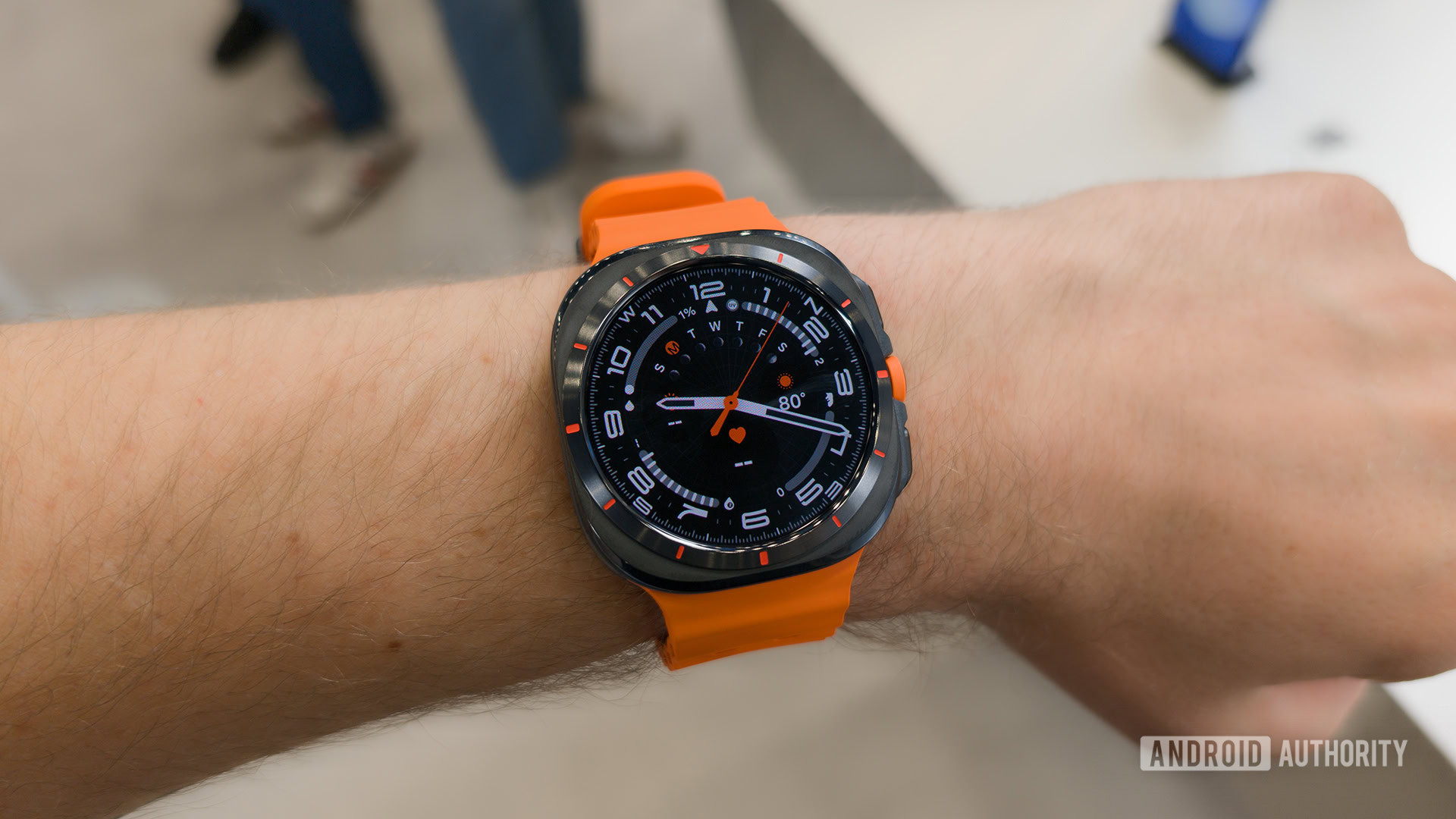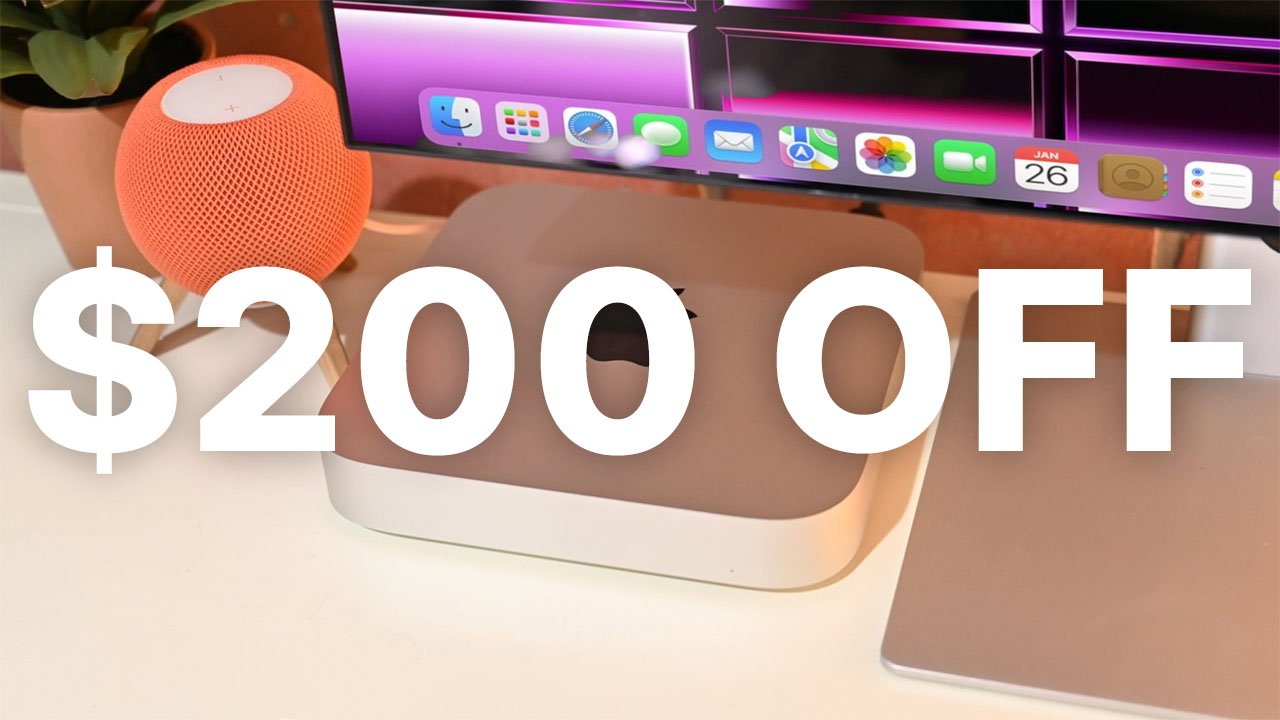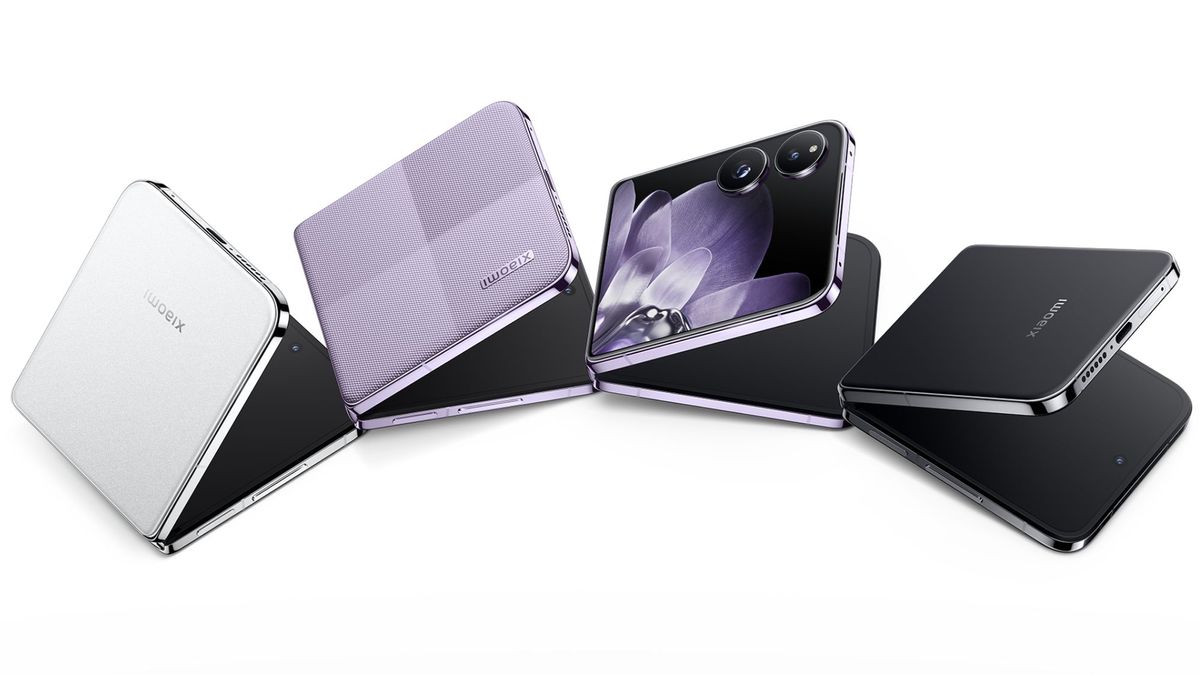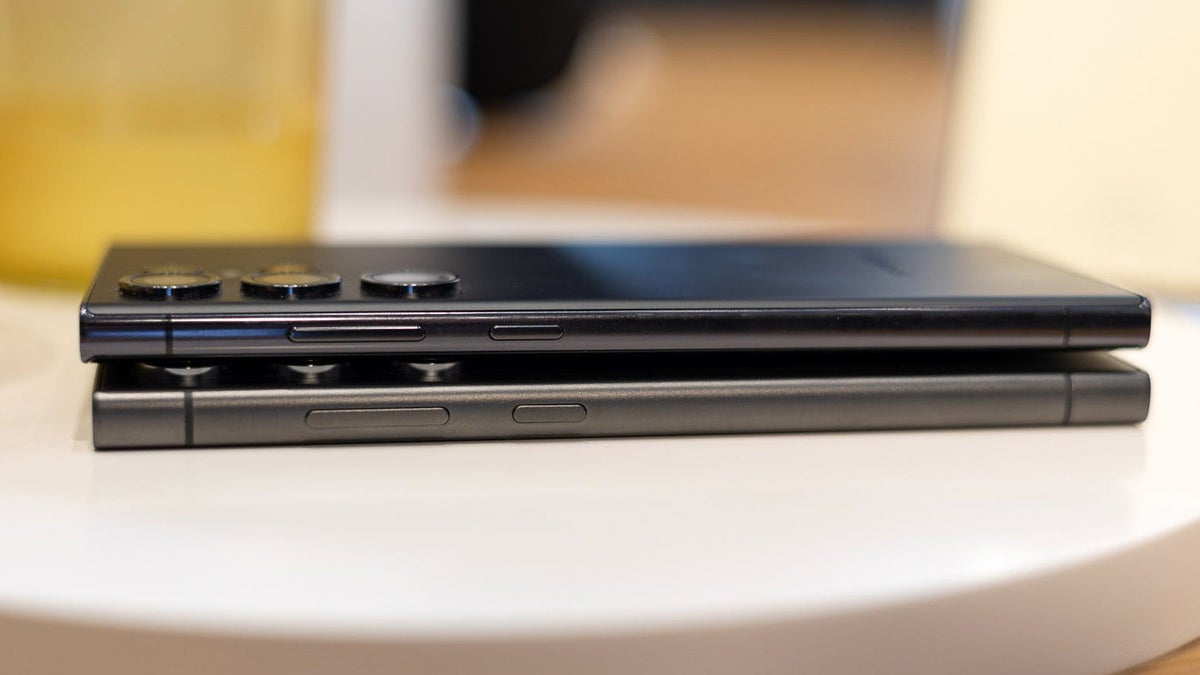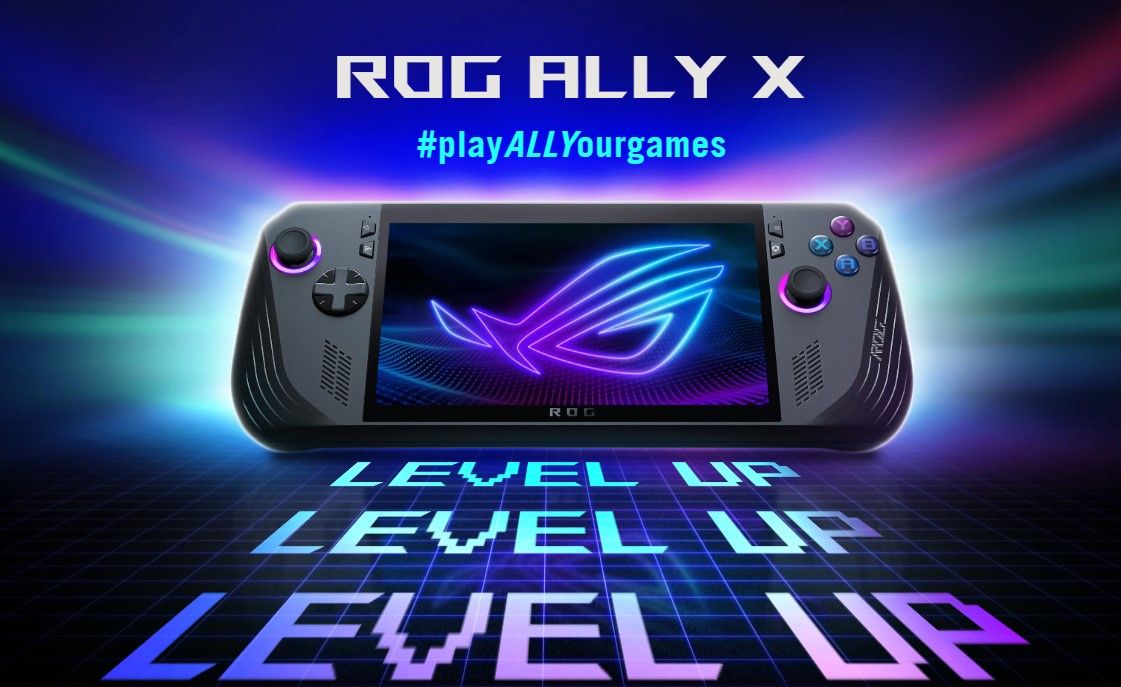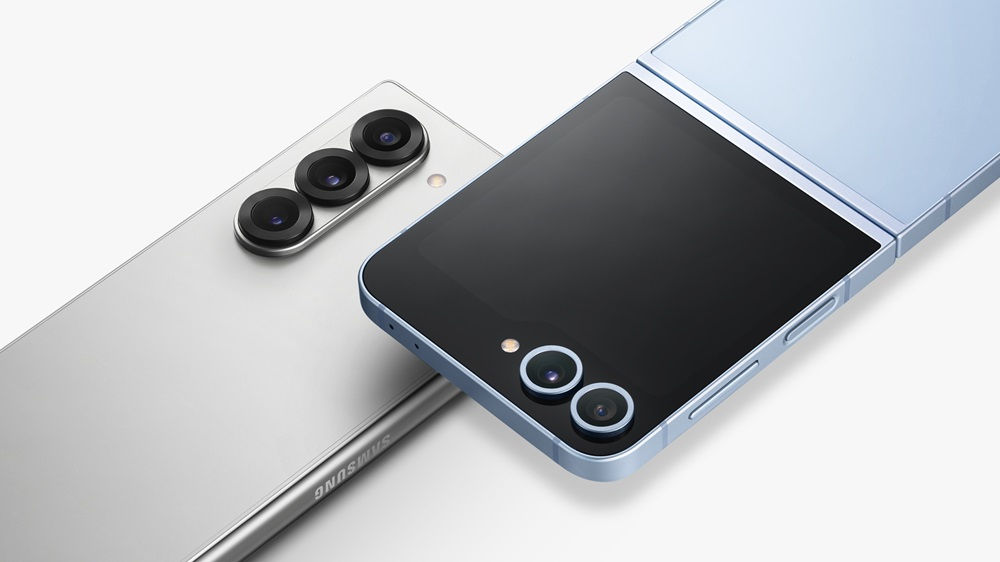From www.pocket-lint.com
Key Takeaways
- Apple has made commitments to open up the iPhone’s NFC hardware to third-party mobile payment apps in response to EU fair competition rules.
- These commitments include granting access to NFC hardware through APIs, providing additional features for payment apps, and establishing dispute settlement mechanisms.
- If Apple fails to comply with these commitments, it could face fines of up to 10% of its global turnover, which could amount to nearly $40 billion.
Apple is a global brand that sells its products and services worldwide. If you want to operate in certain markets, however, then you have to abide by their rules. The Digital Markets Act (DMA) is a European Union regulation that is intended to make the digital sector within Europe fairer and more competitive, and since Apple sells products within the EU, it has to abide by the Union’s rules.
This has already caused Apple to make changes to its products, such as making the leap from Lighting ports to USB-C, and will see iPhone users have the option to install apps outside of Apple’s App Store, within the EU at least. Now, the EU has set its sights on the iPhone’s Apple Pay mobile wallet app, which the European Commission believes does not allow for fair competition.
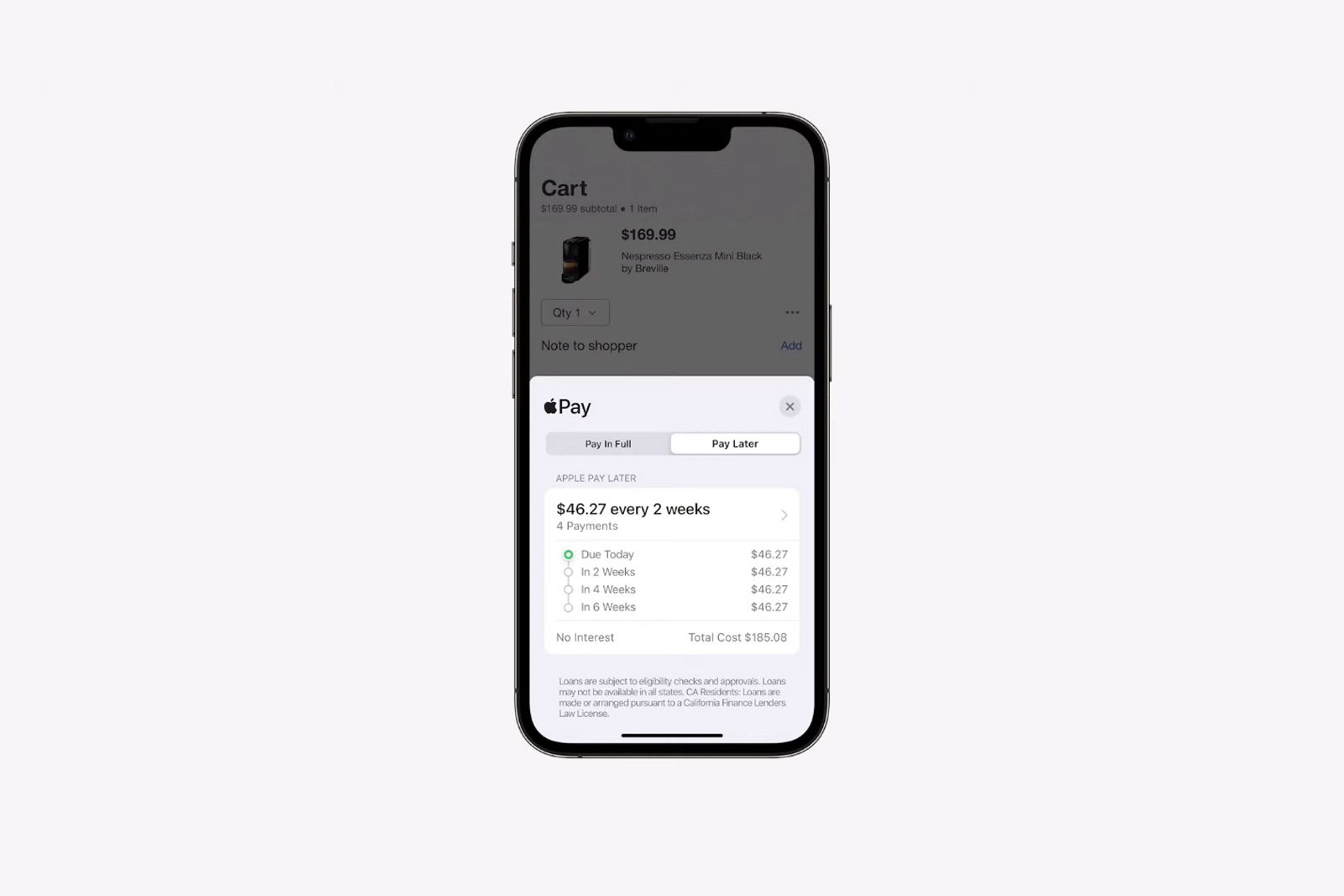
Related
Apple Pay Later allows you to split a purchase into four payments with no fees
Apple is bringing new features to the iPhone when it launches iOS 16 later this year, including some significant new options in Apple Pay.
In a recent press release, the European Commission published a set of commitments the company has agreed to in order to prevent itself from being found in breach of the bloc’s strict fair competition regulations. This is because the Commission believes that by only allowing its own Apple Pay mobile wallet app access to the iPhone’s NFC (Near Field Communication) hardware, Apple is restricting competition from other mobile wallet payment apps. For instance, right now you can’t use mobile wallet apps from Samsung or Google on an iPhone because Apple doesn’t allow it.
If Apple’s commitments are made legally binding, and it breaks them within a 10-year window, then the company could find itself facing a fine in the billions of dollars. What has Apple pledged, why has it been forced into this position, and what does it mean for the future of iOS? Here’s all you need to know.
Why is the European Commission investigating Apple?
The European Union (EU) is an economic and political union of 27 states located within or near Europe. The EU creates policies that apply across all 27 states and to any business that operates in those states.
The EU’s policies cover a wide range of areas, from healthcare and the environment to taxation and international security. It also has some of the strongest policies in the world when it comes to fair competition in business. Since Apple sells products within the EU, its business practices are subject to scrutiny by the European Commission, in particular under its Digital Markets Act (DMA).
In 2020, the Commission opened formal investigations into Apple to determine whether the company’s implementation of Apple Pay violates EU competition rules.
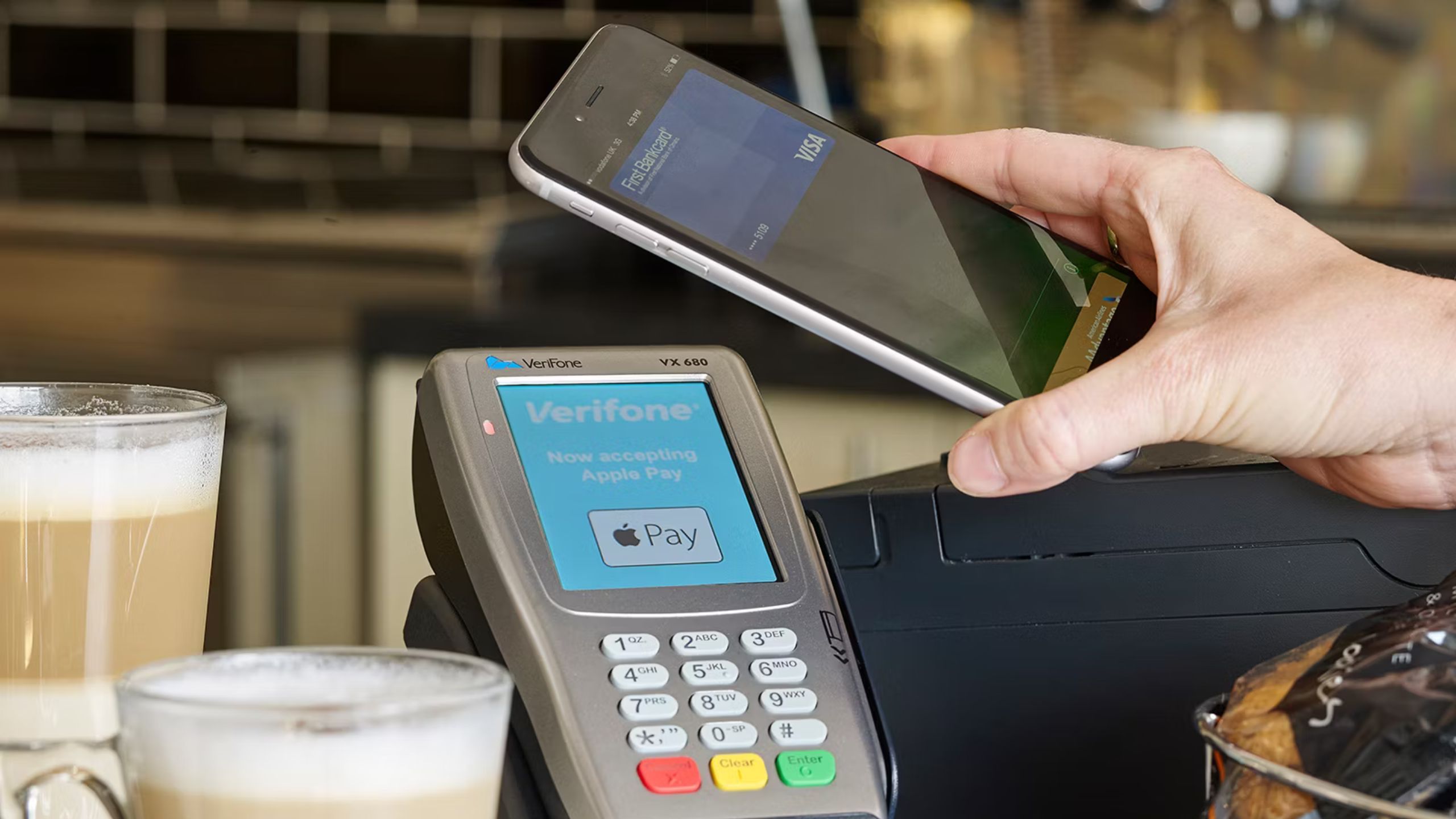
Verifone
What does the European Commission deem unfair about Apple’s conduct with Apple Pay?
The formal investigation into Apple Pay first opened in June 2020. The concern was that on an iPhone, Apple Pay is the only mobile wallet app that is able to access the iPhone’s NFC hardware. This is the technology that makes contactless payments possible when using Apple Pay or other mobile wallet payment systems. Since third-party mobile wallet apps are not granted access to the iPhone’s NFC hardware or software, the European Commission considered that this may breach its fair competition rules.
In May 2022, the Commission informed the tech giant that the preliminary findings were that Apple withholding access to the NFC hardware may restrict mobile payment app market competition since other mobile payment apps were at a clear disadvantage when compared to Apple Pay.
In response to this, Apple made a series of commitments with regard to iOS and Apple Pay that are designed to put the iPhone back in line with the EU’s fair competition rules.
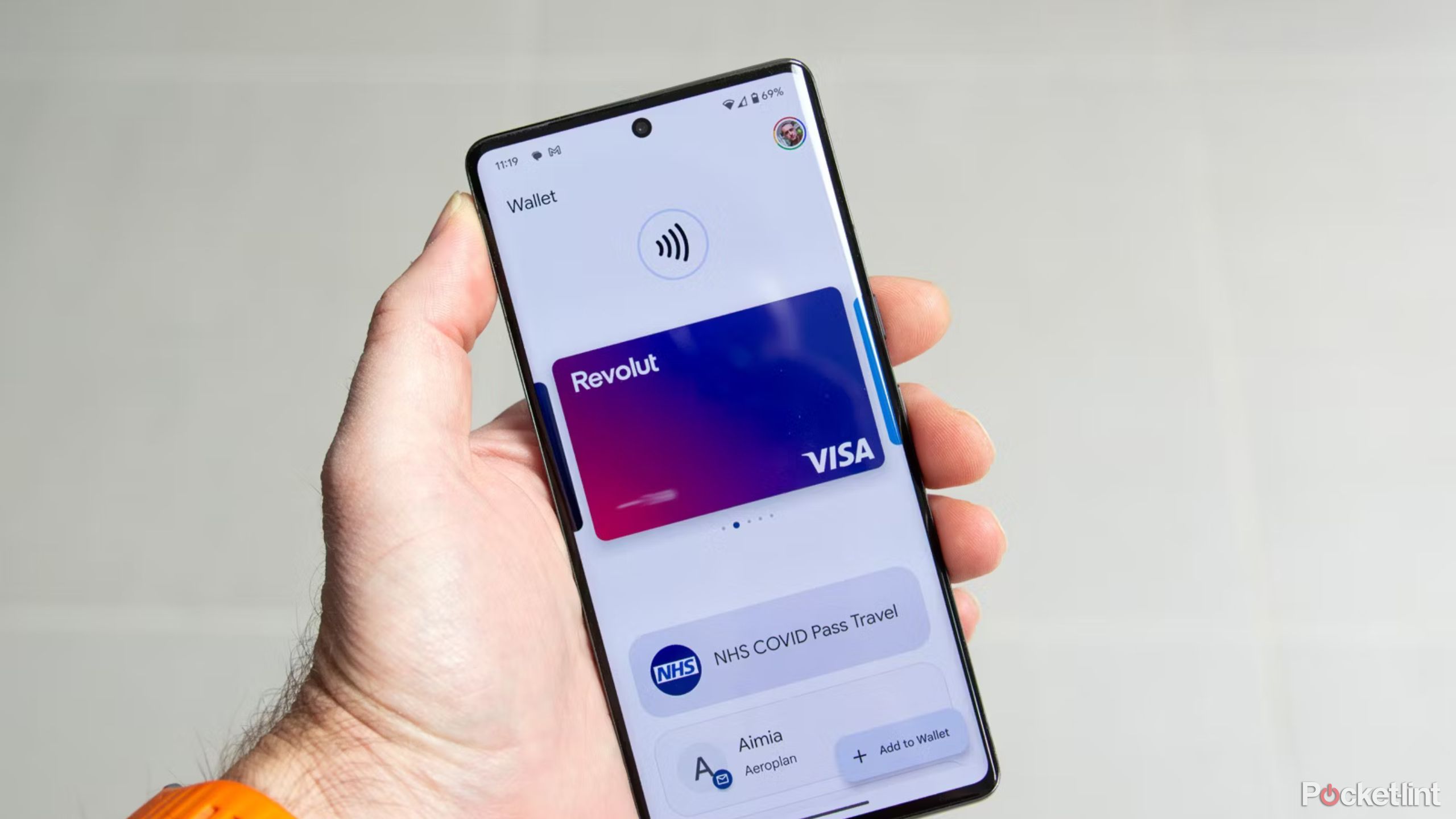
What has Apple pledged regarding opening up the iPhone’s NFC features?
Apple has made a number of significant pledges to try to comply with the EU fair competition rules. These include:
- Allowing third-party mobile wallets and payment systems to access the NFC hardware on the iPhone through a set of APIs (Application Programming Interfaces). This access would be granted free of charge.
- To apply the commitments to all third-party mobile wallet app developers in the European Economic Area (EEA) and to all iOS users who are registered in the EEA. Apple will also not prevent the use of these apps for payments made outside the EEA.
- To provide additional features such as the ability to choose a preferred payment app, access to Face ID for authentication, and security features.
- To apply fair eligibility criteria for granting NFC access to third-party mobile wallet app developers.
- To establish a mechanism for dispute settlement so that any decisions by Apple to deny access to the NFC hardware can be independently reviewed.
These commitments would remain in force for a period of 10 years and would be monitored by a trustee who would report to the European Commission. You can see a full transcript of the communication from the Commission regarding Apple mobile payments on the EU website.
What happens next?
The European Commission put out a press release summarizing all of the above, inviting comment on the proposals from interested parties, which must be submitted within one month of the publication of the communication, which was released on Jan. 19. Barring any objections during this period, the Commission intends to make Apple’s commitments binding.
However, if there are significant objections from third parties, the European Commission will seek to work with Apple to amend the commitments to address any issues that have arisen in the consultation period. All of which can take time.
A spokesperson for the European Commission indicated that making amendments of this type in light of issues raised by third parties can take several months.
Even if the European Commission does decide to make Apple’s commitments binding, it may be the case that Apple won’t have to start abiding by them until next year or even later. The final commitments could also be quite different from those currently being proposed.
What would happen if Apple failed to live up to its commitments?
Once these commitments are declared binding by the European Commission, Apple would be legally bound to comply with them. In the case that the company was found to have failed to honor the commitments in full, the Commission could impose a fine of up to 10% of Apple’s global turnover, without needing to legally prove any infringement of antitrust laws.
In 2023, Apple’s global revenue was $383 billion from sales of its products and services. This means that if Apple fails to live up to its own commitments, the European Commission could impose a fine in the region of up to nearly $40 billion. However, there is a maximum limit and any fine imposed would take into account the circumstances of the breaches, so Apple would probably have to openly flout the commitments to receive such a hefty fine.
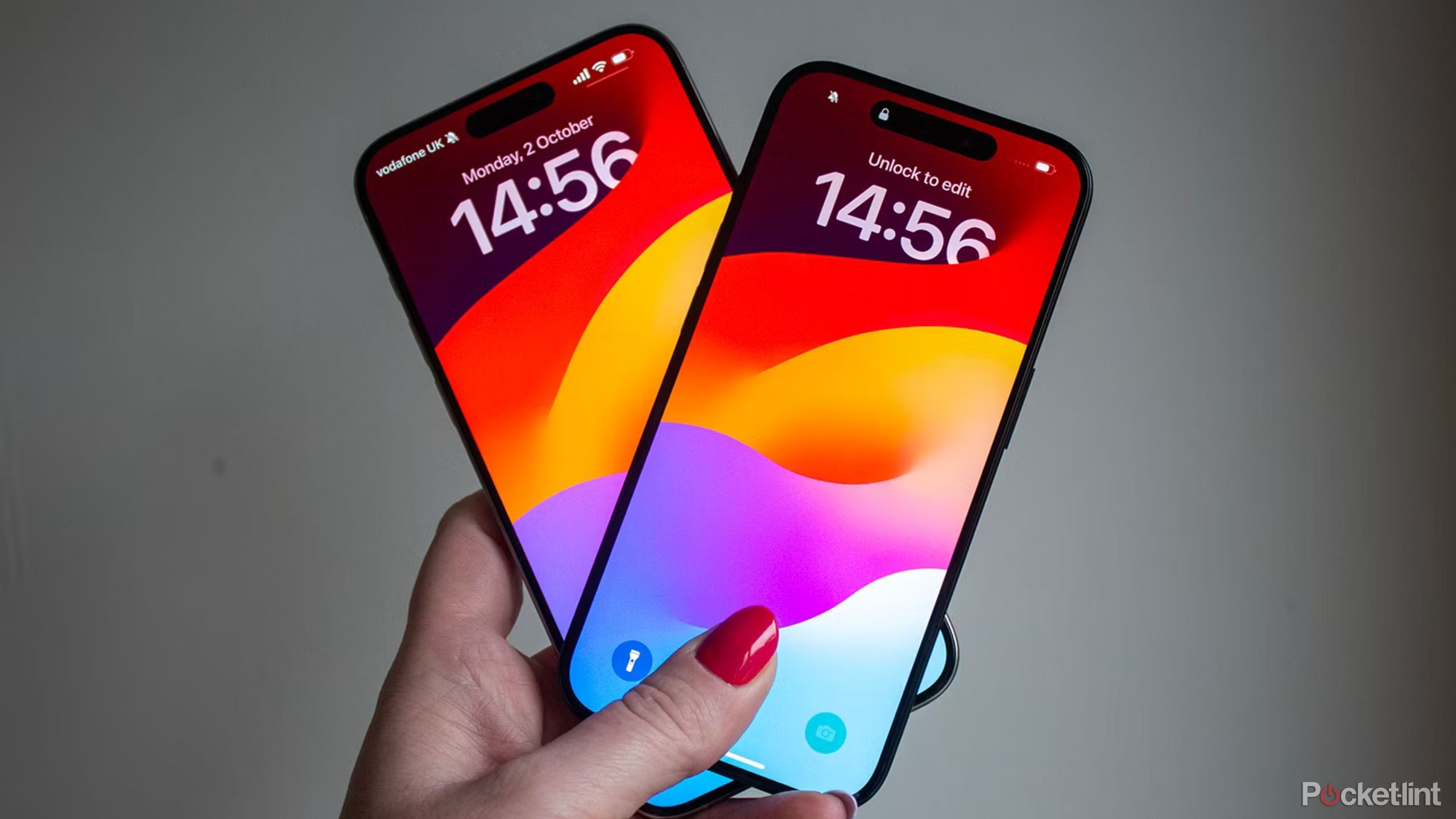
What does this mean for the iPhone moving forward?
It’s highly likely Apple will have to start acting on the commitments that it has suggested, or at least commitments that are very similar. What will this mean for the iPhone in the future? The biggest change will be that Apple Pay will no longer be the only mobile payment app on the iPhone. Alternative payment apps will be able to make use of the iPhone’s NFC hardware and software, meaning that you would be able to use Google Pay or Samsung Pay to make a payment from your iPhone, for example. This will give iPhone users more choice, although it may be the case that many Apple users just stick with what they know and keep using Apple Pay.
In the long term, this is unlikely to make a huge difference to Apple’s bottom line (unless they fail to meet their obligations and receive a hefty fine) but it does open the door for other third-party developers to finally get their feet inside the walled garden that Apple has built around its hardware.
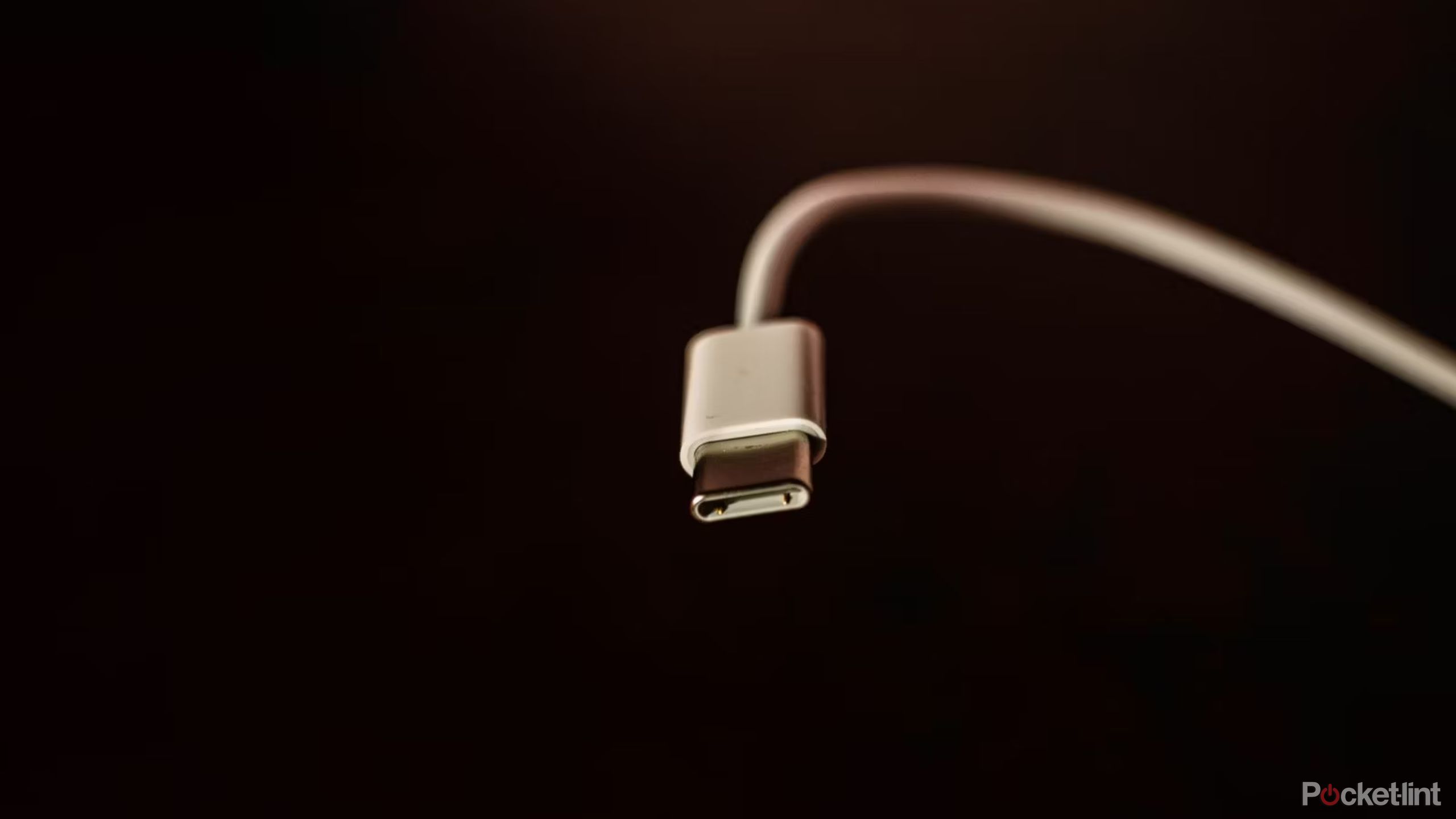
Is this the first time that Apple has had to make changes to appease the European Commission?
This is not the first time that Apple has changed one of its products to meet requirements put in place by the EU. In 2022, the EU mandated that all small and mid-sized electronics sold by 2024 include USB-C charging, with the same rule applying to laptops from 2026. The EU’s goal is to reduce electronic waste and allow consumers to make more sustainable choices, and by having a single type of cable for charging most electronic products, there will be a reduction in the disposal of unwanted charging cables when people purchase a new device.
Up until the launch of the iPhone 15, every phone since the iPhone 4S in 2011 had featured the company’s own Lightning connector. However, in order to meet the EU ruling ahead of the compliance deadline, Apple began phasing out Lightning, starting with the iPhone 15, iPhone 15 Plus, iPhone 15 Pro, and iPhone 15 Pro Max. Apple decided that selling different versions of its iPhones in different regions didn’t make sense, so it made the change to all regional variants.
It’s far easier for Apple to make software changes that are restricted to specific geographical areas, such as the EU, so it’s entirely possible we’ll only see Apple open up the iPhone’s mobile payment capabilities in the EU to appease regulators, while keeping it locked down elsewhere in the world. Much in the same way Apple’s expected to limit upcoming App Store changes to the EU.
[ For more curated Samsung news, check out the main news page here]
The post What Apple’s pledge to open the iPhone NFC’s features could mean for iOS first appeared on www.pocket-lint.com


